25 February 2021
In a paper published in the leading international scientific journal Nature Immunology, Associate Professor James Ussher, Dr Jemma Geoghegan, Associate Professor Nikki Moreland and Professor Graham Le Gros say New Zealand has avoided the major health impacts of the SARS-CoV-2 pandemic due to decisive government leadership informed by molecular virology, infectious disease epidemiology and immunology expertise.

From left: Malaghan Institute Director Prof Graham Le Gros, Rt. Hon Jacinda Ardern, Prime Minister of New Zealand and University of Otago Assoc Prof James Ussher. © Image Services, Victoria University of Wellington
The scientists say the government responded to concerns around the New Zealand health system’s capacity to cope in the event of widespread community transmission by seeking to eliminate SARS-CoV-2 from the population. They point to highly successful public health measures in achieving this and the establishment of a cross-ministerial Vaccine Taskforce responsible for ensuring access to safe and effective vaccines as an exit strategy.
The group identifies key features of the successful science response including the rapid development of in-house laboratory RT-PCR tests, antibody testing and viral genomics.
“By integrating genomics with epidemiological and modeling data, local transmission chains and regional spread were able to be tracked and audited in real time. When combined with geographic information, the pathways of viral spread, including from the global population, domestically and at the community level, were more easily revealed.”
These results have been used by government agencies to direct public health interventions.
The paper also acknowledges the approach taken to accessing vaccines given the challenges and uncertainty faced as a small economy in the South Pacific.
“From the outset, the approach of the national Vaccine Taskforce was broad, including investing in the international COVAX facility; pursuing bilateral advance purchase agreements with major vaccine developers; and establishing a national preclinical and clinical vaccine evaluation platform, Vaccine Alliance Aotearoa New Zealand — Ohu Kaupare Huaketo (VAANZ).”
Nature Immunology: New Zealand's science-led response to the SARS-CoV-2 pandemic
The paper is one of in a new series, 'Coping with COVID' published by Nature Immunology, comparing various countries approaches.
Scientist affiliations
Associate Professor James Ussher: Department of Microbiology and Immunology, University of Otago; Maurice Wilkins Centre for Molecular Biodiscovery; Southern Community Laboratories; Vaccine Alliance Aotearoa New Zealand — Ohu Kaupare Huaketo
Dr Jemma Geoghegan: Department of Microbiology and Immunology, University of Otago; Institute of Environmental Science and Research; Maurice Wilkins Centre for Molecular Biodiscovery
Associate Professor Nicole Moreland: Department of Molecular Medicine and Pathology, University of Auckland; Maurice Wilkins Centre for Molecular Biodiscovery
Professor Graham Le Gros: Malaghan Institute of Medical Research; Vaccine Alliance Aotearoa New Zealand — Ohu Kaupare Huaketo
Related articles

As easy as breathing: the future of vaccines
31 October 2024
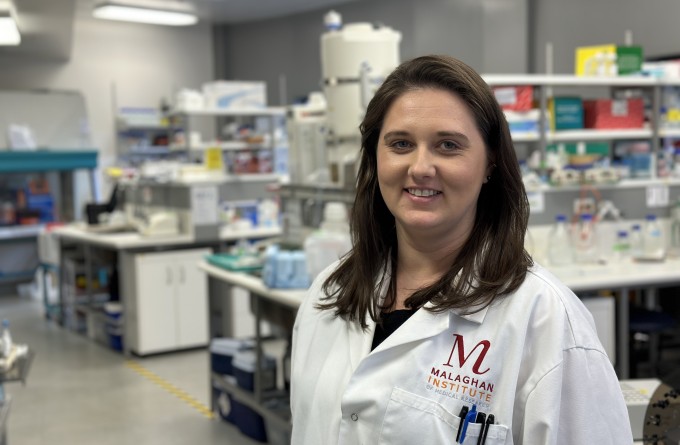
Malaghan and National Institutes of Health research receives prestigious award
5 March 2024
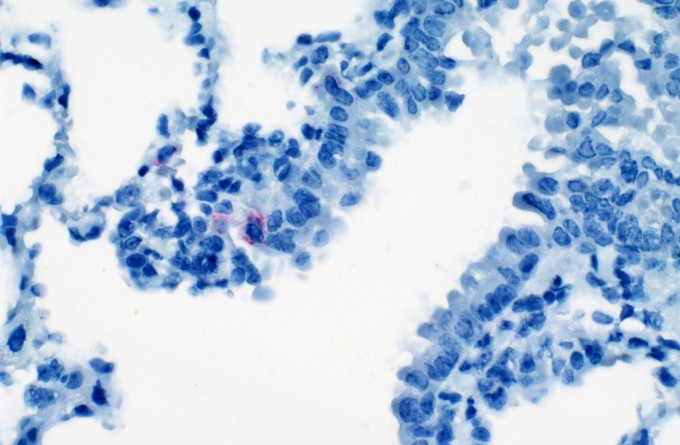
Scientists identify interferon-gamma as potential SARS-CoV-2 antiviral
13 December 2023
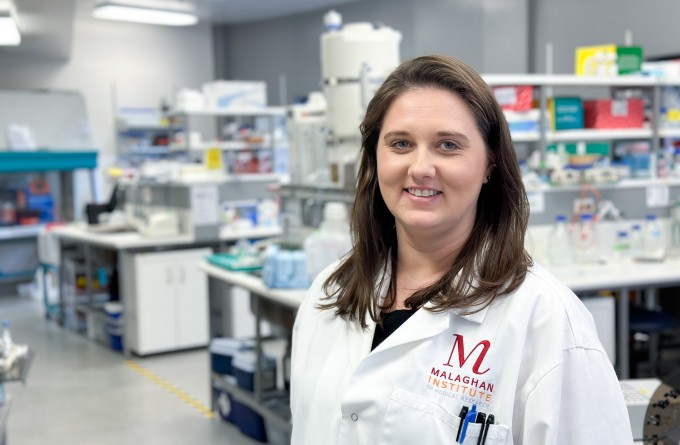
New research suggests hookworms could offer protection from severe Covid symptoms
14 August 2023
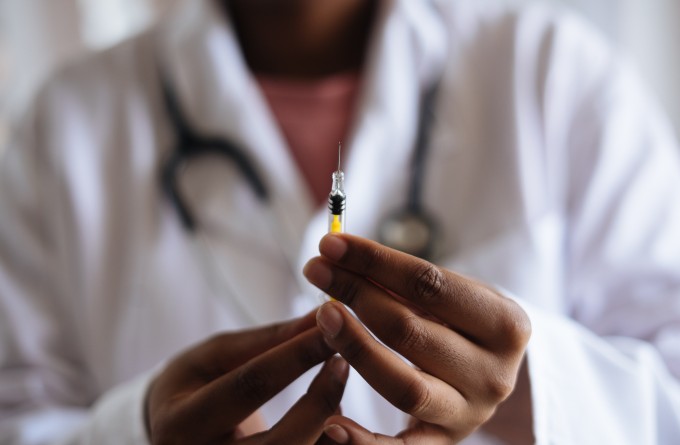
Kiwi-made Covid-19 booster vaccine offers 100% protection in preclinical study
3 March 2023
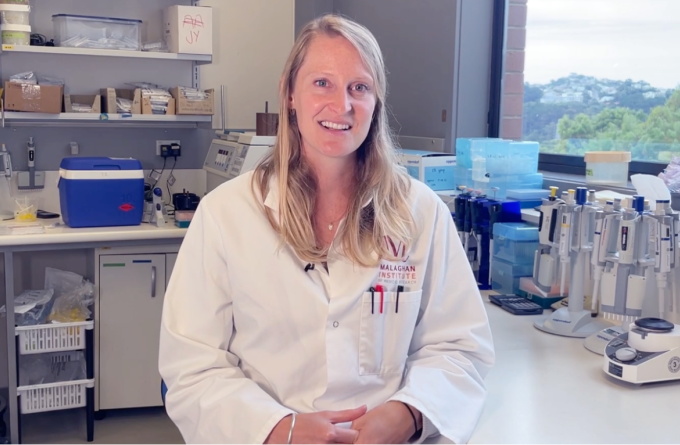
In Focus: RNA technology tackling New Zealand specific problems
8 February 2023
